Archbishop’s letter on Faithful Citizenship
September 19, 2012
Dear Brothers and Sisters in Christ,
What would it look like for the Catholic community in the United States to “win” an election? On the surface, it may seem unsuitable for people of faith to ask such a question. Regardless, it is a question many seem to be asking in some form or another nowadays, and it is one for which we should have an answer.
Election Years in our nation remind us, as Americans, of the blessings of living in a democracy founded on religious liberty and active political participation. Above all, they should remind us, as Catholics, that the Gospel of Jesus Christ compels us to transform our social, political and economic cultures so that they uphold the life and dignity of every human person as well as care for the environmental creation that sustains us. It is an example of what His Holiness Pope Benedict XVI calls “the institutional path of charity” (Caritas in Veritae, no. 7). This is why, in our statement Forming Consciences for Faithful Citizenship, we bishops emphasize, “In the Catholic Tradition, responsible citizenship is a virtue and participation in political life is a moral obligation” (no. 13.)
“Forming Consciences for Faithful Citizenship” articulates fully the church’s teaching on Catholic engagement in political life. Its central message is that, for Catholics to be equipped to meet this moral obligation to bring the light of the good news into the public square, it is critical that we have a well-formed conscience. I urge all parishes, schools and faithful of the Archdiocese to utilize the engaging resources made available on this document by the U.S. Conference of Catholic Bishops at www.faithfulcitizenship.org. In addition, the bishops of Ohio have compiled a supplemental resource that addresses life and social justice issues impacting our state, which you can access at www.ohiocathconf.org. Only these materials and those endorsed by the archdiocese and permitted for distribution for archdiocesan entities.
On the one hand, election seasons can be times when a landscape of local, national and international issues of life and dignity are being carefully identified by sincere people who wish to influence them through public offices and achieve the common good for all of us. On the other hand, election seasons are becoming periods in which Catholics find it increasingly difficult to form their consciences with great clarity. In the shadow of unwarranted amounts of campaign dollars for some election races, incessant streams of negative TV ads, and constant character assassinations of opponents, where do we go to ascertain what is truly right and just by God’s standards, not just those of a political ideology?
The answer is to consult our conscience, which is a judgment of reason about the good to be done and the evil to be avoided in a concrete situation (cf. Catechism of the Catholic Church 1778). Conscience is “the voice of God resounding in the human heart revealing the truth to us and calling us to do what is good while shunning what is evil (Forming Consciences for Faithful Citizenship, 17.) A conscience must be well-formed by reason to discover natural law and faith to understand sacred Scripture and official church teaching. By examining the facts and background of each situation, attempting to understand the impact upon the poor and most vulnerable, born and unborn, conscience becomes more informed. (cf. CCC, 1806). We then submit our judgment to God in prayer, striving to discern his will. By humbly committing ourselves to the life-long journey of developing our consciences, we more clearly distinguish the Truth of God in a complex, sometimes manipulative world, and make choices that promote the life and dignity of all.
In the introductory note of “Forming Consciences for Faithful Citizenship,” we bishops highlight a number of issues related to human life and dignity requiring our particular attention right now. Some involve opposition to intrinsic evils:
- Ending abortion in our land and supporting the life and dignity of the sick and vulnerable;
- Safeguarding the religious liberties of our ministries; and
- Protecting the social institution of marriage.
Others, while involving prudential judgments in public policy, demand a response and cannot be dismissed:
- Addressing unemployment and poverty;
- Repairing our broken immigration system; and
- Promoting peace abroad, especially in the Holy Land.
This list is not exhaustive, and opposing intrinsic evil actions that directly threaten the sanctity and dignity of lie should have special claim on our consciences as we choose between candidates who do not promote all of the Catholic Social teaching.
At the same time, as passionate as each citizen may be about an outcome, we do not measure our success or failure by the outcome of any one Election Day. All of these issues are urgent and require a unified and unsparing commitment from all of us. God is calling us together every day of the year, as many members yet one body, to affirm each other as we each address various issues that are all related to the realization of the indivisible good (1 Corinthians 12). Together, we increase our capacity as a community of faith to promote human life and dignity, marriage and family, justice and peace, and the common good.
I ask that we rise up to faithful citizenship. I ask that we reject the sometimes combative and partisan environment in the lead up to Election Day, which can threaten our inclination as Catholics to support each other in substantially addressing these issues for the long-term. I ask that we each choose to embrace this election season as another opportunity to commit to forming our own individual consciences and to carrying forward the light of truth, given to use by Jesus Christ, to shape the overall character of society around the principles of Catholic Social Teaching.
If we, as American Catholics, unite in this task during, before and after an election, then we can truly say we have “won” it.
Sincerely Yours in Christ,
Most Reverend Dennis M. Schnurr,
Archbishop of Cincinnati



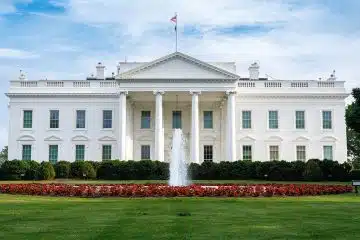
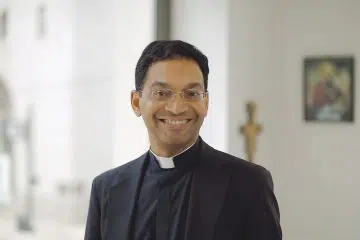

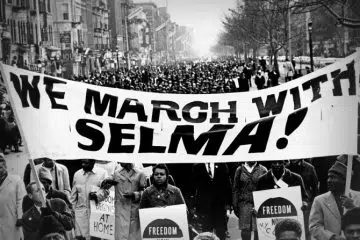
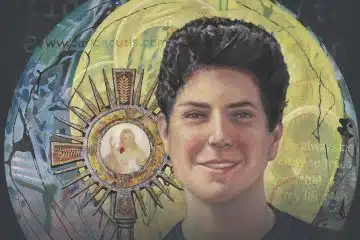

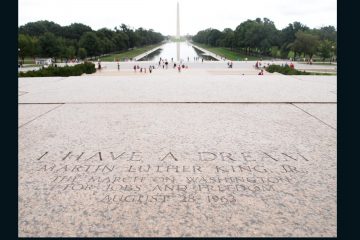
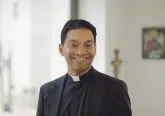



1 Comment